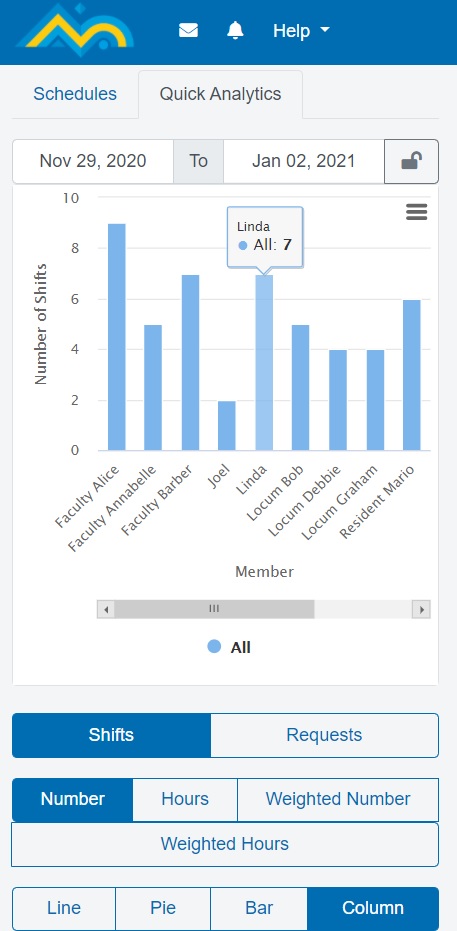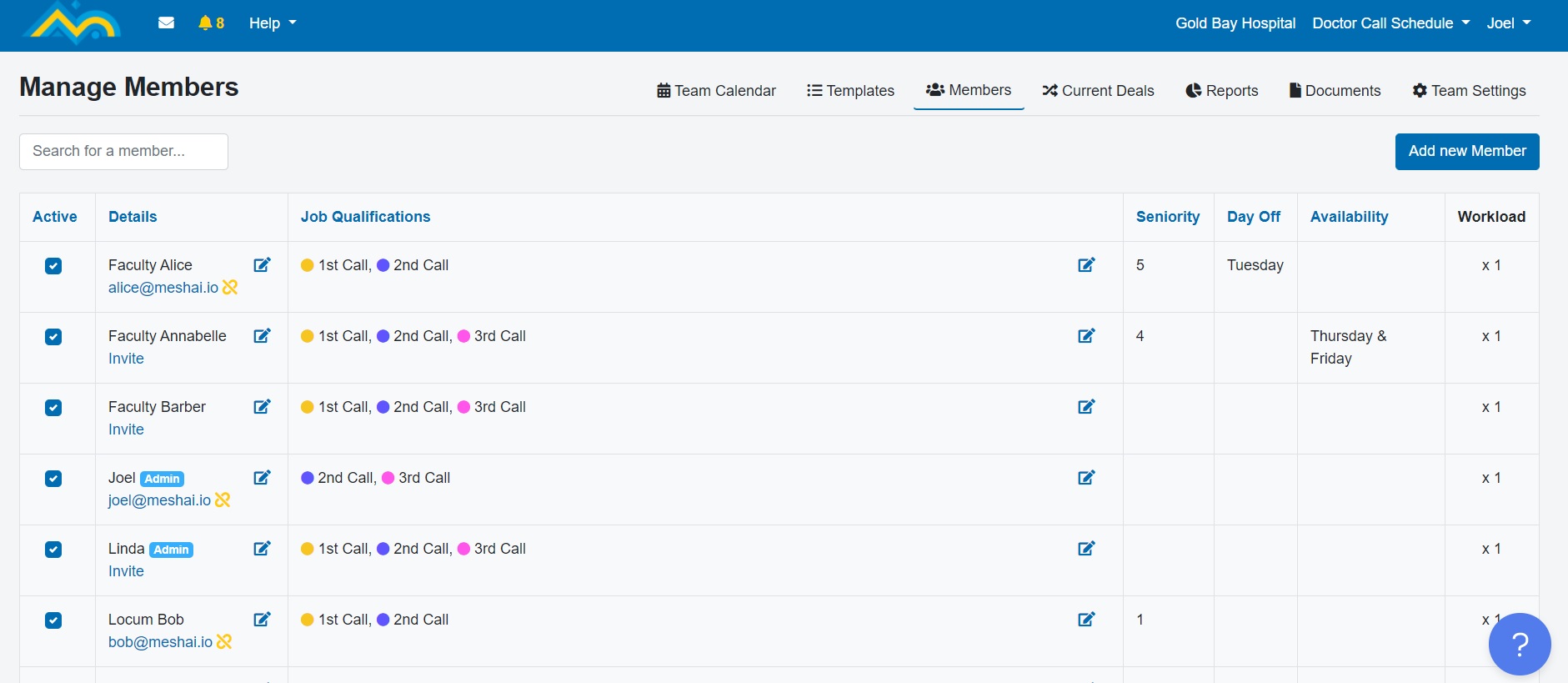A business venture led by Queen’s Engineering Associate Dean (Corporate Relations) Shahram Yousefi is hoping to assist in the mass immunization of COVID-19 in Canada, the United States, and Australia.
Mesh AI was founded three years ago: cloud-based human resource management software for the healthcare industry that removes the need to manually manage staff work schedules. The “anti-scheduler” automates the process with inputs that balance the needs of both employers and staff members.
With the rollout of COVID-19 vaccines and the impending immunization of the entire population, Mesh AI is offering its software free and with no obligation to healthcare administrators.
This will remove staffing headaches for shiftwork schedulers who must accommodate full-time and contract staff, unionized and non-unionized, along with individual time off requests and workday shift preferences.

“Let's take an actual example, which I heard from an IT manager at a public health unit in Ontario last week,” said Dr. Yousefi. “He said, ‘We heard about Mesh AI, and we have to get ready for a laborious immunization process. Staff scheduling on a spreadsheet will not be able to handle the volume, the number of people involved, and the different parts of the city administrating immunization. Some are nurses that are unionized, some are contract workers, all sorts of people. And we have no solution. Can you help?’”
Under normal circumstances, the rules and constraints around scheduling full-time, contract, and union and non-unionized staff are manageable for a human resources office. But at a time when COVID-19 vaccines are being administered throughout entire cities in multiple locations by full-time and contract staff, it can be overwhelming.
Software in healthcare typically has a cycle of six to eighteen months for selection, setup, onboarding, and training. With a product line designed for COVID-19 immunization staffing, Mesh AI can launch the product for a client in less than two weeks.
“When we launch, the manager presses a button and everybody gets invited to the platform,” Dr. Yousefi said. “When they come to the platform, they can just input their preferences. This is very unique. We allow people to tell the system what they need. If you’re a single mother of three and a nurse in Kingston, you have specific work-life balance needs. You can put all of that into the system. You might prefer to not have early morning assignments, for example, as you need to help your kids before you can start working. And a single guy who lives as a nurse in downtown Toronto has different needs. So they all log in, put in their requirements, vacation days, off times, on times, and, this is very unique to Mesh AI, their preferences. Anything they want. There's no limit.”
Once managers evaluate staffing requests and preferences, the staffing schedule is automatically generated.
“We have a proprietary algorithm that manages to find a solution that is mathematically optimal or near-optimal, accommodating the needs of all those people,” he said. “Not only the needs of public health units, but also the individual needs of the staff.”
According to Dr. Yousefi, about 30% of staffing schedules in the healthcare industry are coordinated fully or partly manually with spreadsheets. “We want to replace the spreadsheet with a 2021 platform that can perform the same function in one-fifth of the time with much higher precision and quality. And the ingenuity of Mesh AI is that a scheduler can use the system without having to invite or involve others if need be. That almost entirely removes the barrier of change management.”
